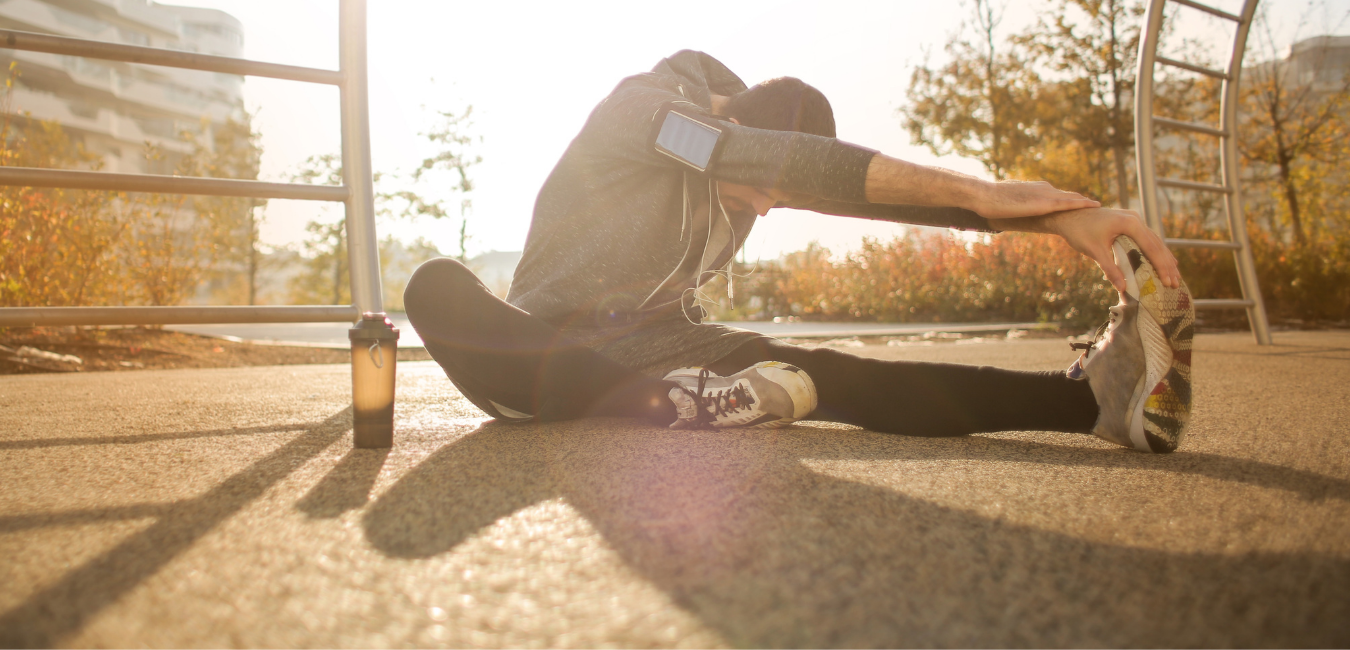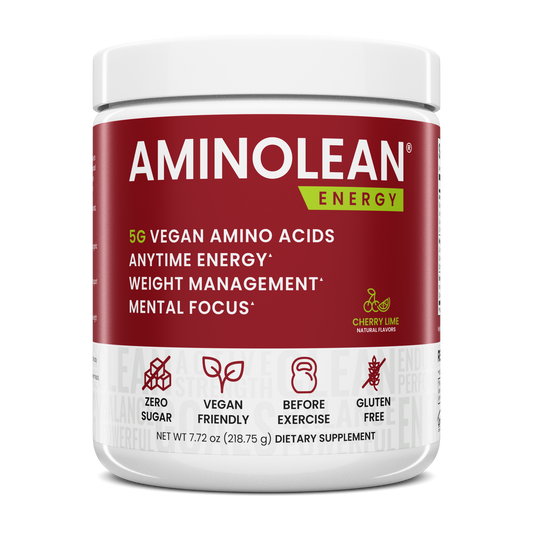When seasons change, it’s important to tune into your body’s needs. Seasonal change can leave you feeling less motivated and more sleepy; temperatures are dropping (depending on where you live), and fewer hours of daylight can definitely put your body out of whack. No, it’s not just you and no, you’re not lazy - it’s scientifically proven!
Here are some tips on how to adjust your wellness routine to seasonal change.
Regulate a healthy sleep cycle- As nightfall seems to creep up earlier and earlier and mornings feel darker each day, our body’s internal clock can often have a hard time adjusting. When we’re exposed to fewer hours of sunlight during shorter winter days, our bodies produce more melatonin (the hormone that regulates the sleep wake cycle). It’s especially important to maintain a healthy sleep cycle during the colder months. Try to wake up at the same time every day so your sleep pattern stays regulated, which will help with mood, immune function, and fatigue. It may feel natural for you to add an extra hour to your sleep schedule during the winter months, and that’s okay!
Eat seasonal foods - There are major benefits to eating in season and focusing on what fruits and vegetables are blooming in your region. Foods that are grown out of season are unable to follow their natural ripening rhythm - they’re harvested too early and once they are harvested, the produce quickly loses nutrients. Vegetables alone have been shown to lose ⅔ of their Vitamin C in just one week! Choosing to eat seasonally (and as local as possible) will ensure your body is getting as many vitamins and minerals as possible.
Consider modifying workouts for your mental health. Movement is key to keeping stress and depression at bay, but it may be time to modify how you train. For instance, HIIT exercises release a kind of hormone called cortisol, which controls how our body responds to stressors. If you are in a seasonally depressed or in an anxious state, it may be worth considering a new work-out to add to your routine, like yoga or pilates which tends to be more restorative. With any change in wellness, this requires tuning into your body. You might not need or want to change this part of your routine at all!
Stay hydrated- Drinking plenty of water is a must! In the summer months, we are reminded to stay hydrated with the blazing heat bearing down on us. However, when we transition into fall and winter, we might not feel as thirsty and forget to drink as much water as we used to. If you’re always on-the-go and find yourself forgetting to hydrate, try RSP’s Immunity + Hydration shot, which provides ongoing immune benefits and hydration anytime of day.
Be Mindful of Vitamin D Levels: Vitamin D is known as the “sunshine vitamin” because the majority of vitamin D is produced in the body in response to the absorption of UVB rays from sun. When the cooler months roll around, the majority of the U.S. population is spending less time in the sun and therefore, Vitamin D levels drop. Low Vitamin D levels are often linked to seasonal affective disorder as well as bone and muscle loss. So what can you do? Besides taking a supplement (please talk with your doctor on what is right for you!), you can adjust your diet to prioritize Vitamin D. Mushrooms, eggs and fatty fish are just a few to consider adding to your cart.
Exercise regularly- It’s important to maintain a healthy exercise routine during seasonal shifts, even though you may be feeling less motivated to do so. If you are less motivated to leave your home because of the cold weather and early dark onset, try shifting to at-home workouts. Another way to get your daily exercise in is to walk instead of drive. Commuting by foot will expose you to natural light, fresh air, and get you your daily exercise in. Exercising also helps regulate mood and will help with your sleep schedule too!









